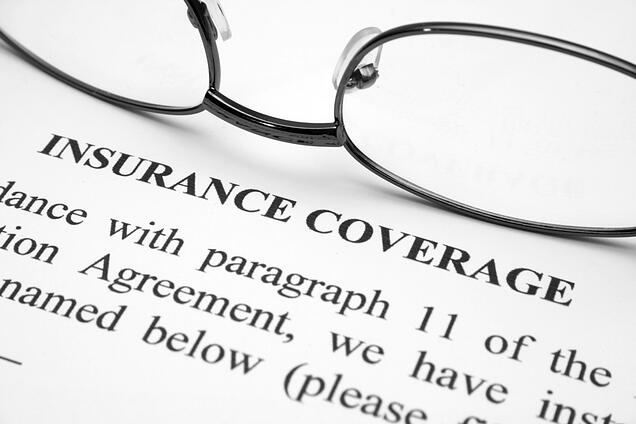How Soon Can You Fly after a Tooth Extraction?

In some cases, a tooth extraction is an emergency dental procedure that simply cannot be anticipated ahead of time. As a result, it might interfere with your plans. The situation could be particularly stressful if you have an upcoming trip on your calendar. How soon can you fly after a tooth extraction? Continue reading to learn what you should know before you board a plane.
You Should Rest for 48 Hours
The first 48 hours after a tooth extraction are one of the most important portions of the recovery period. During this time, you should be extra-cautious when caring for your extraction site. You should also take measures to avoid dry socket.
Dry socket is a complication that occurs when the blood clot at an extraction site fails to form or gets prematurely knocked out of place. There are a number of things that can increase your risk for it, including getting on an airplane. Plus, the physical exertion that comes with traveling may slow down your body’s ability to heal and heighten the chance that you will run into complications.
For the above reasons, you should not fly during the first 48 hours after your extraction procedure.
Flying During Your Recovery Period
Ideally, you should wait at least a week after your extraction before you fly. If that is not possible, it should be safe for you to take to the air after the first 48 hours. However, you should expect some increased discomfort. For example, changes in altitude may irritate your sinuses, which can be extremely uncomfortable if you had an upper tooth taken out. Other symptoms that some individuals experience while flying, such as toothaches and headaches, may also be worse than usual.
Safe Flying Tips
If you have to fly while you are on the mend following an extraction, you can use these tips to create a more comfortable experience for yourself:
- Bring pain medication. Acetaminophen and ibuprofen (or whatever your normally use for a headache) may be suitable.
- Pack gauze. You might experience some mild bleeding during your flight. Gauze can help you keep it under control.
- Bring a resealable plastic bag. Ask your flight attendant for some ice so you can create a cold pack to manage discomfort and swelling.
- Take some soft snacks. The snacks available on the airplane might not be soft enough for your sore mouth. Consider bringing some applesauce, pudding, or other soft food options.
- Be ready to contact your dentist. If you have any questions or concerns about your extraction site while you are in the airport, you should have your dentist’s number saved in your phone so you can seek their guidance ASAP.
Flying soon after a tooth extraction is not usually a pleasant experience, but it should be safe after a few days. The above tips can make your trip as easy as possible.
Meet the Practice
At Family Dental Practice of Newington, we proudly provide gentle extractions and other emergency services in a welcoming environment. If you have questions about a particular dental procedure or what to expect afterward, we are ready to speak with you. Contact our knowledgeable team at 860-856-6201.
